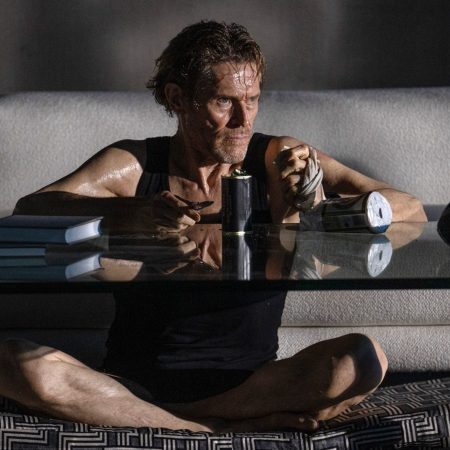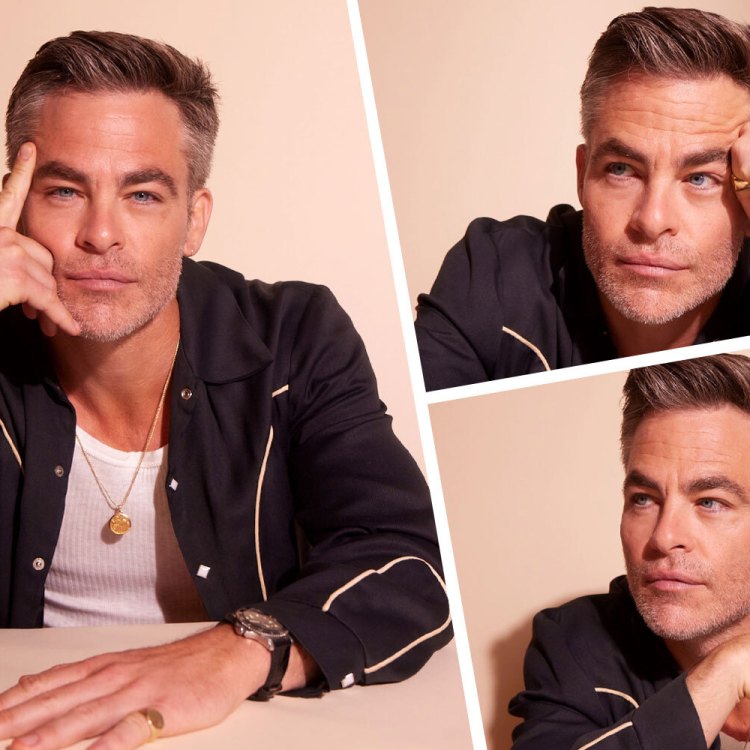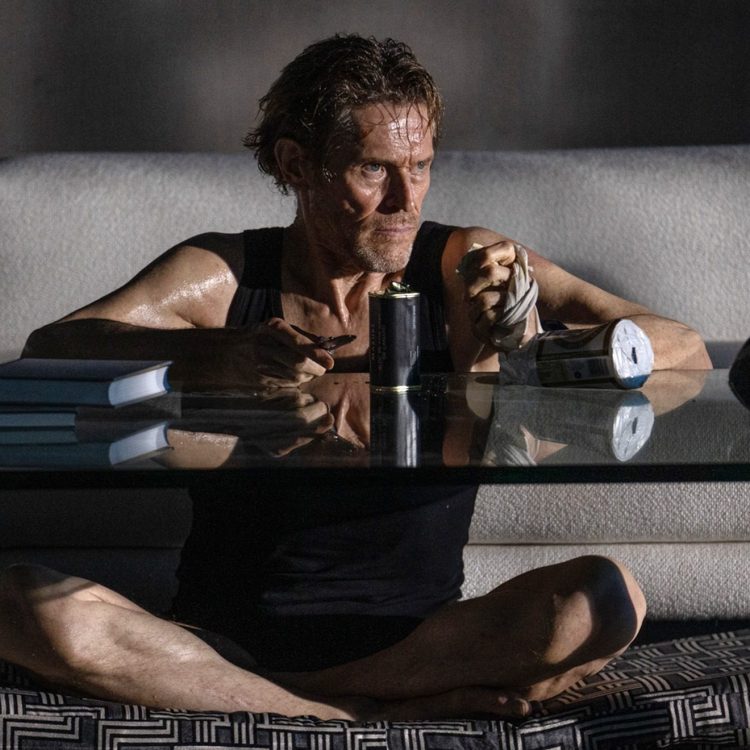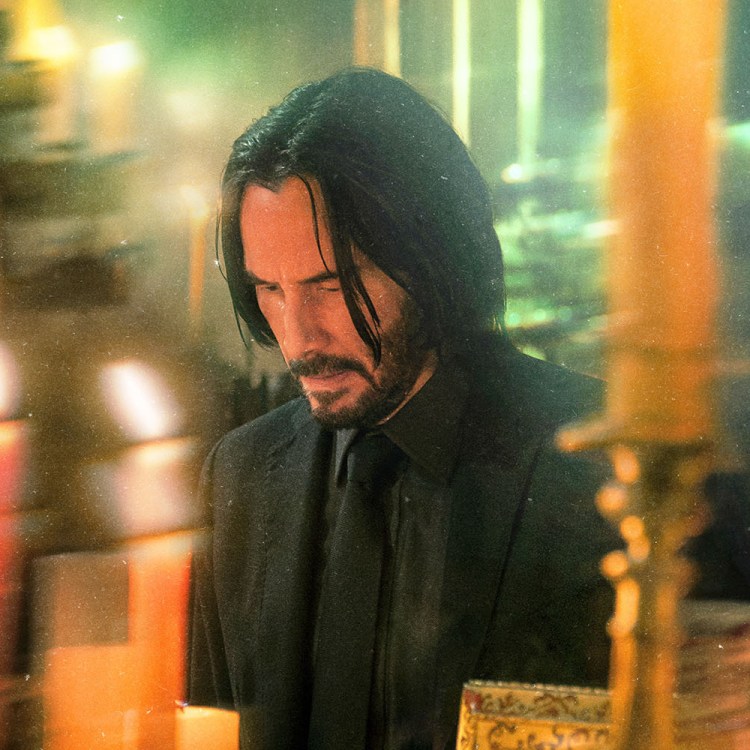Every time I read about Oscar nominee Greta Gerwig’s decision to follow her bildungsroman Ladybird with an adaptation of Louis May Alcott’s Little Women, I wince.
This is the time in the career a pioneering filmmaker should be rewriting her script with a bold, new direction — not mining her next project out of a beloved dusty book from a bygone age. And I don’t feel it’s my duty as a film critic to support the decision unconditionally because I’m a fellow woman.
Gerwig, who I interviewed last fall at the Film Society of Lincoln Center, has cracked the glass writer-director ceiling. I crave more original stories, original casting and sagas from Sacramento dancing in Joan Didion’s more somber footsteps.
At the very least, I want her to follow the lead of her partner in love and art Noah Baumbach, who succeeded the neurotic Brooklyn lullaby The Squid and the Whale with Margot at the Wedding and Greenberg, not J.D. Salinger’s Catcher in the Rye.
And, so, I’m balking at this star-studded Oscar-bound project. (Meryl Streep! Saoirse Ronan! Emma Watson!)
Am I alone? Should I be called out for a lack of sister solidarity, for lobbing a softball to male critics as Hollywood writer-director James Mottern suggested to me on Facebook: “I’m just saying, from a strictly male perspective, you seriously are going to slam Greta for Little Women? Anti-PR before she even shoots a frame? At least wait ’til it comes out to slam it like the male critics will. Whose side are you on?”
Hopefully, I’m on the side of free expression, which is the only way we’re going to achieve artistic parity.
Female film critics need to avoid rubber stamping female filmmakers decisions as the cinematic canvas changes.
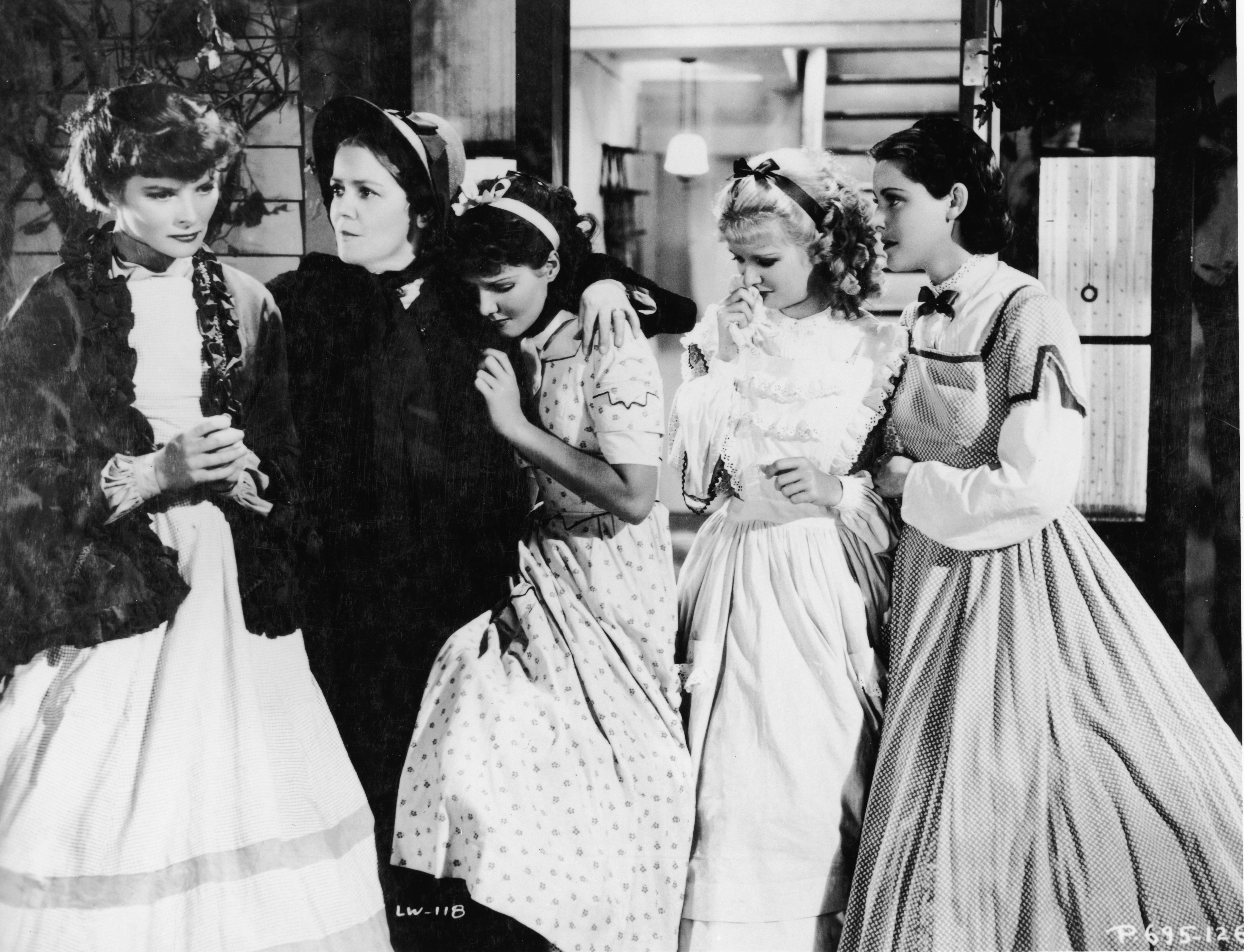
Film critic and historian Carrie Rickey agreed. In a DM, she wrote: “At the theater for a showing of Mamma Mia 2, daughter and I saw trailer for Little Women. I audibly blanched (yes, that’s a mixed metaphor), and daughter said, ‘Why can’t there be a modern-dress Little Women?’ My answer: Because while elements of the story are universal, the original story was in part how hard it was for a woman to be taken seriously as a writer and the situation was even worse in 1864 than it is in 2018. She rolled her eyes and called me ‘small-minded.’”
Rickey continued: “Another part of my resistance is much as I love Little Women, I’d rather see a new story than an update of Little Women or A Star is Born.”
Given the vast field of literature and films to be adapted and re-envisioned, I would rather see, for example, Mira Nair direct a first-ever adaptation of V. S. Naipaul’s 1961 masterpiece A House for Mr. Biswas (recently noted by President Obama as a “great novel about growing up in Trinidad and the challenge of post-colonial identity” on his summer reading list). Or explore new works uncovering overlooked realities by rising female filmmakers Eliza Hittman, Victoria Negri and Julia Ducournau.
And, yet, in some ways I could be criticized for holding successful women directors accountable to a higher standard.
Filmmaker Marie Therese Guirgus made an important point that speaks to Gerwig and larger issues at work in Hollywood: “She has a limited window to make bigger budget movies and thus get paid more. This was her opportunity. I am all for that. Women have to make money to be taken seriously in the entertainment business and women deserve to profit financially from their indie successes as so many men who have made less successful films than hers’ have.”
Adds Nell Minow, movie critic and Assistant Editor at RogerEbert.com: “I suppose this is the equivalent of taking each year’s male Sundance winner and handing him a superhero movie. I have nothing against superhero movies and for sure I am happy to see Jo March in her scorched dress and Meg March stand up to her aunt, but Gerwig has such a gift for original stories we don’t get from anyone else I am sorry to see her spend her time and energy on stories we have seen before.”
Perhaps Gerwig will boldly go where previous adaptors haven’t yet gone with Alcott rather than echoing Gillian Armstrong’s 1994 adaptation with Winona Ryder and Susan Sarandon, or Mervyn LeRoy’s 1949 Oscar-winner with June Allyson and Elizabeth Taylor.
If that’s the case, more power to her. The complex truth underlying Alcott’s book is so much stranger than the nuclear family fable of four pippy sisters growing up in the Civil War’s shadow with a strong mother and an absent father.
As Sophie Gilbert reminds us in her trenchant recent article “The Lie of Little Women” published in The Atlantic, Alcott’s upbringing was far funkier than that visible in the scrubbed adaptations.
When she was ten, her fanatical reformer father Amos Bronson Alcott (“To be ignorant of one’s ignorance is the malady of the ignorant.”) co-founded the failed utopian commune Fruitlands in 1843. Despite his good intentions the family tumbled into real rather than genteel poverty, starvation and sickness.
Achieving adulthood, Miss Alcott, perhaps like the children of the Bloomsbury Group’s free lovers, craved the economic and emotional security that drove her to write popular fiction wrapped with a happy ending like Little Women — and to remain single.
I’d love to see that other story, revealed in Alcott’s lesser-known satire Transcendental Wild Oats. Hint. Hint.
This article was featured in the InsideHook newsletter. Sign up now.




